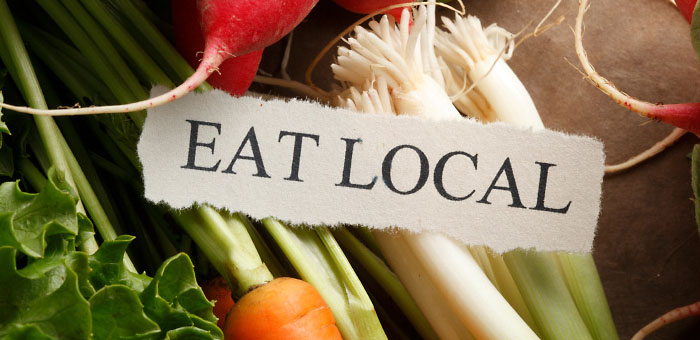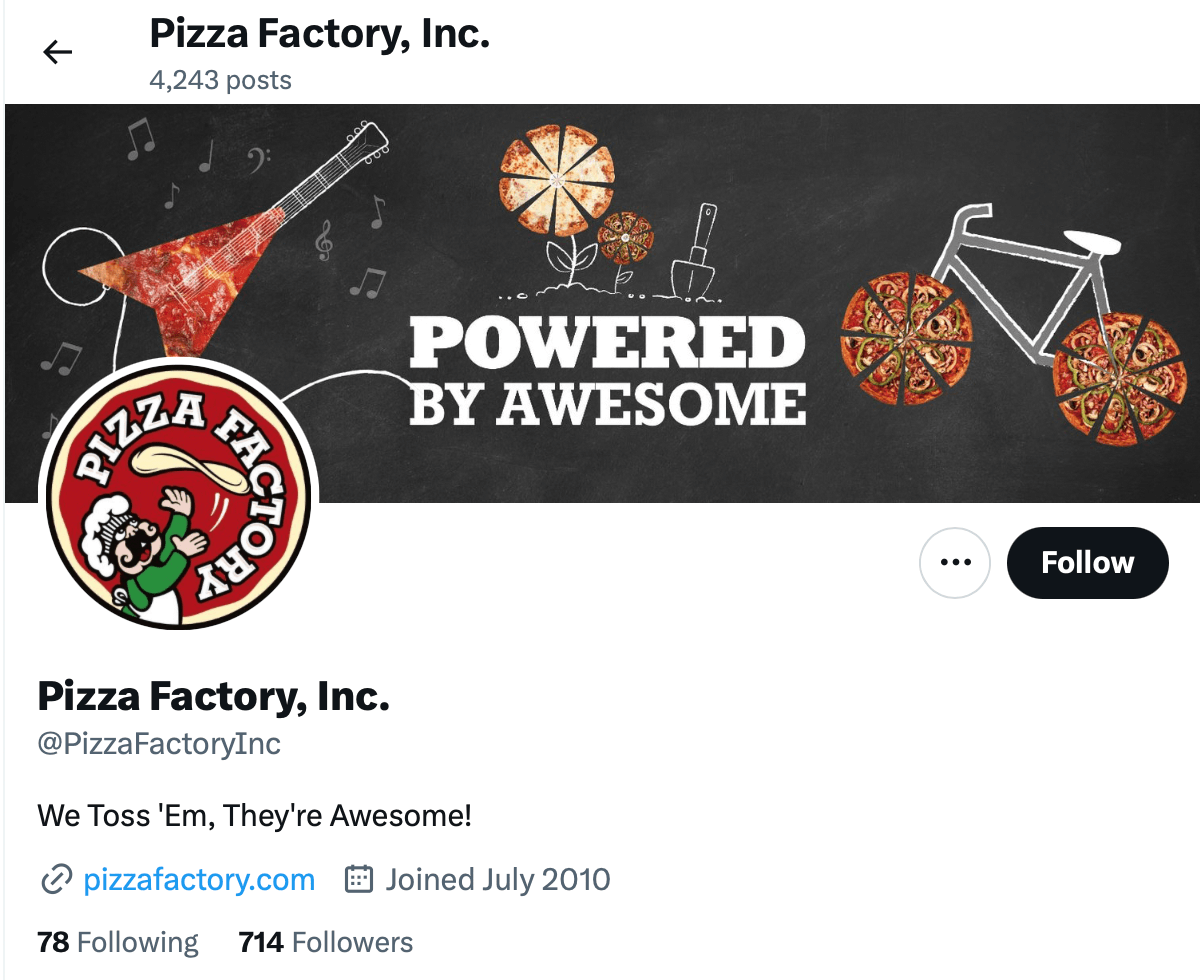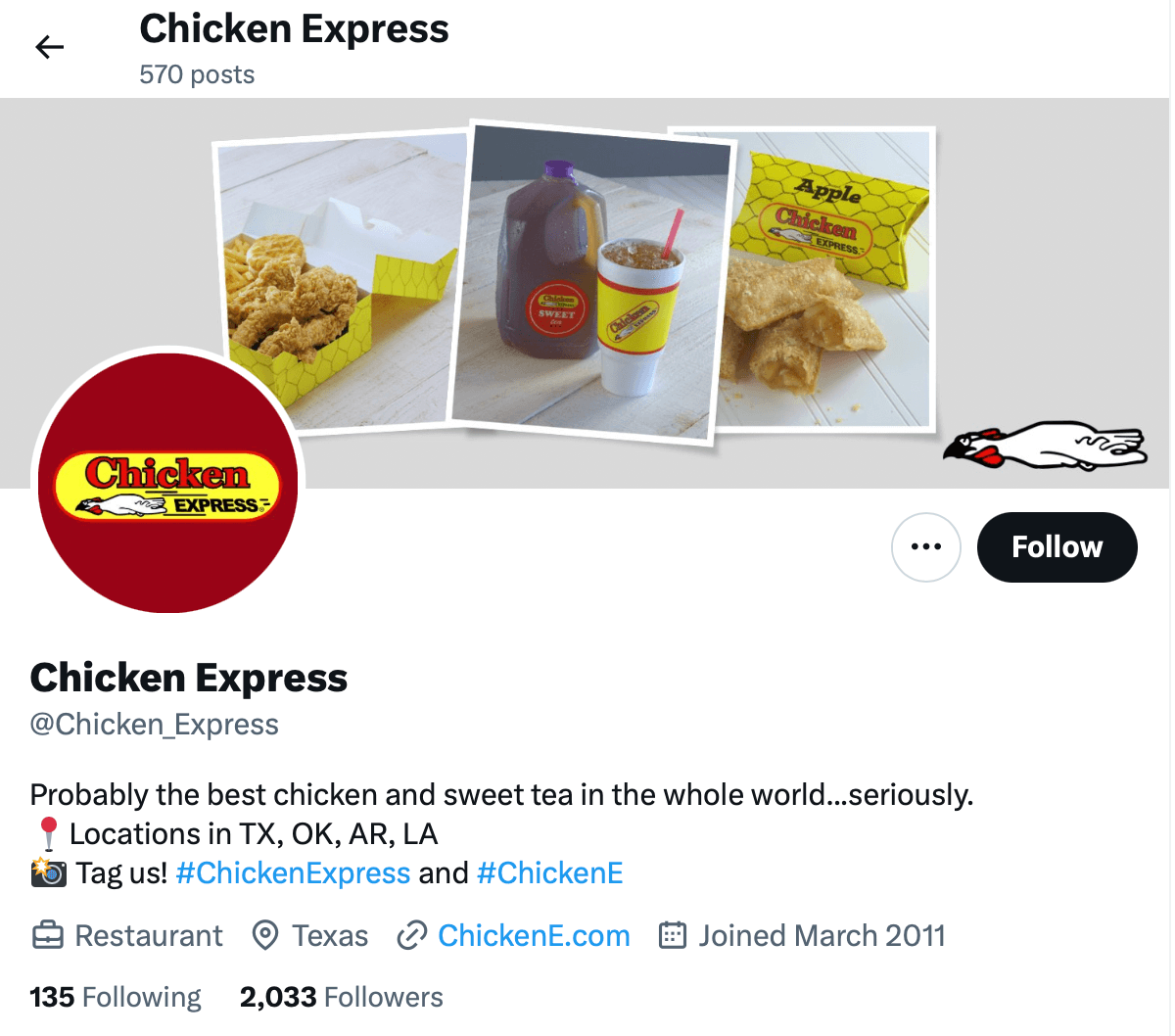Local food. It sounds great on paper, and it may even be the thing food truck patrons claim they care about most. But the reality is that food trucks are businesses. Sounding good isn’t going to be enough to justify a rise in food cost or menu prices, no matter what the studies say.
This guide will explore the business side of the local food movement and address the primary concern any savvy food truck owner has. Does this make business sense?
Sourcing Local Food For Your Food Truck Menu
Why Buy Local?
Well, if the menu trends identified by the National Restaurant Association are any guide, buy local because it’s hot and customers want it.
If trends sound suspiciously like fads to you, then consider some compelling business reasons why investing in locally sourced ingredients make a lot of sense.
- Fresher and taste better.
- Allow for greater menu diversity.
- Great marketing tool.
There are some good reasons to purchase local food. While altruism never made any business a direct profit, there is a lot to be said about the value your brand can gain.
How Local Food Affects Your Business
Food truck customers consistently name price and taste as the two single most important elements of a good meal. Local food will consistently deliver on taste. They have traveled less and are closer to ideal harvest conditions, making for a bounty of bright colors, strong smells, and exquisite tastes.
Price is certainly a concern, as large shipments from a big supplier have all the advantages of economy of scale. Competitively priced comfort food options certainly have a place on any menu, and food trucks can and should shop bulk ingredients for the value items on a menu far and wide to find the best price.
Locally sourced foods are most valuable, at least from a business perspective, for the diversity they bring to a menu. They won’t be the cheapest dishes but they can be the ones that patrons remember and talk about to their family and friends. Marketed properly, dazzling specials featuring local ingredients can be a key differentiation from the competition.
RELATED: 4 Food Truck Differentiation Tactics That Work
What To Buy Locally
Every region has agricultural products that thrive there and are even completely unique. Sourcing locally is about playing to the strengths of local agriculture. Incorporating the ingredients that do best in the local climate gives the menu a distinct flavor and modifying the menu to match the local rhythms of harvest connects very effectively with customers.
There are common products that can be found in most regions that can be provided by a local source as well. Many chefs have even begun creating their own sources by turning vacant lots, rooftops, and other urban spaces into gardens of ingredients.
The most important calculation for a business is weighing the added value. If a given dish becomes a star because local ingredients make it shine with taste and perceived value. Now a higher cost is justified. If local ingredients are driving up food costs but not translating into additional sales, then sourcing definitely needs to be revisited.
Many food trucks have had great success by going all in with local sourcing. Some even only offer local ingredients on their menus. This has proven to be an effective marketing tool for niche markets that are more tolerant to price. For the majority of food trucks a hybrid approach will probably be the most effective.
The relationship between marketing value and local ingredients must never be forgotten. Maximizing this relationship can lead to great success for any food truck. The intangible bonuses of improving brand value and community involvement make sourcing ingredients locally a solid business move.
Where to Buy Local Food
The following internet resources can aid food truck owners in their search for quality local ingredients.
- The Eat Well Guide: https://www.eatwellguide.org
- USDA Farmer’s Market Directory: https://search.ams.usda.gov/farmersmarkets/
- Local Harvest: https://www.localharvest.org/
- Local Dirt: https://localdirt.com
Do you source local food for your food truck? Share your thoughts on this topic in the comment section or social media. Facebook | Twitter




